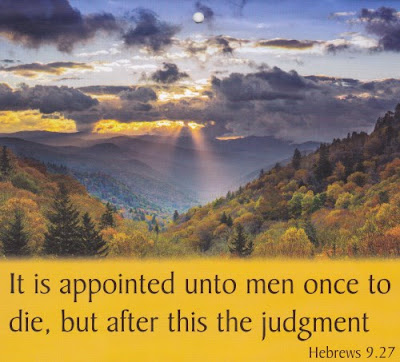From today, ministers in Australia's Uniting Church are permitted to
marry same-gender couples - provided their congregation is OK with it.
This decision has a great theological basis and is great news for the church and for gay Christians, but that's not my focus here. This blog is mostly about how we (often unintentionally) block people from seeing Jesus - and ways to fix that.
For churches wanting to connect with people in their community, this is a fantastic opportunity - and here's why.
Unblock faith
McCrindle surveyed Australians about faith. Non-religious people were asked if they were open to faith - and asked to rate several issues as "blockers to Christianity".
"Homosexuality" (ie. the church's historical attitude towards it) was the biggest barrier between people and Christianity.
33% of people said it "completely blocked" them from the faith. A deal-breaker.
A third of people dismiss the church out-of-hand because of our historical attitude on this.
I would have expected issues like burn-in-hell preaching, hard-to-fathom miracles and faith v science to be more challenging - but apparently not. All those issues are further down the list.
It seems that for potential new Christians, it's easier to believe that Jesus walked on water than to believe that followers of a loving God would be so harsh towards gay people.
Anyway, my point for the local church is this; how much better could we reach people if we didn't alienate 1/3 of people before we even start?
The survey says...
For political reasons, Australia had a survey about same-sex marriage before it became law. The upside is that
we now have stats on how the various parts of the country feel about this.
In my area it was 73% Yes, 27% No. Three-quarters of our community thinks this should happen.
The Uniting Church says there is no theological obstacle. So why would a local church that wants to connect with the community put up a barrier between itself and 3/4 of the community.
The counter-point to this is to ask "what about the other 27%?". I come at this from a Christian church perspective. People who can't stomach same-sex marriage can still connect with any number of other churches. If a Uniting Church congregation can be open to reach the 73%, then 100% of people have the potential to connect with the Christian church. Surely that's got to be an improvement on 27%.
Wedding witness
Figures from early June show how many same-sex marriages had taken place in Australia. In my home state it looks like about 900 same-sex marriages will occur each year. It's unclear how many couples will want a church wedding, but for accepting congregations there is an opportunity to show somewhat unexpected support.
Gay couples (even Christian ones) have been somewhat accustomed to either being lectured by the church, or having to hide their true identity from their church family.
Given that history, a church that provides a positive, loving and affirming environment would be a much-welcomed (and celebrated) change.
In an era when church is barely a blip on most people's radar, this is an opportunity for church to make a
positive memorable impact in the lives of the new couple and their hundreds of guest who come to support them on their big day. They would be left with a memory of church being an accepting place - a place that is open to all as a practical demonstration of God's love that is open to all.
Not for everyone
Churches seem to exist on a spectrum between being inward and outward focussed. Our choices of ministries, worship format, and music selection are just some examples of whether we tend towards providing spiritual nourishment and a comfortable environment for long-time Christians, or whether we tend towards finding new ways of expressing our faith in ways that might help new people connect with the church or with God for the first time.
Churches that are more towards the first of these might find this new opportunity too difficult for the comfort of some members. But for churches that are more towards the second of these, this opportunity for the Uniting Church to connect with people can be truly a Godsend.




